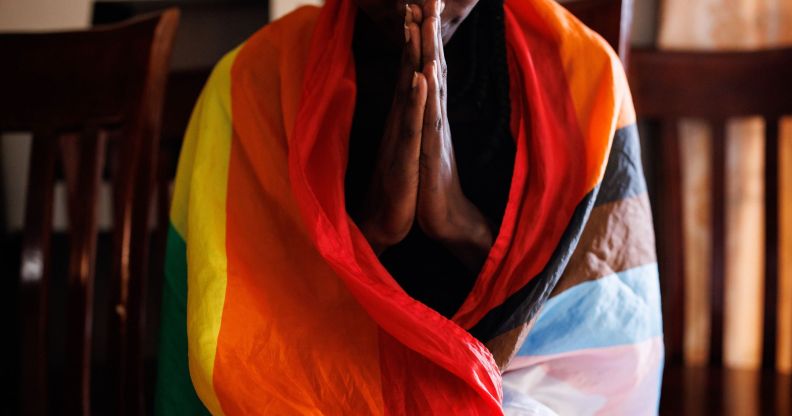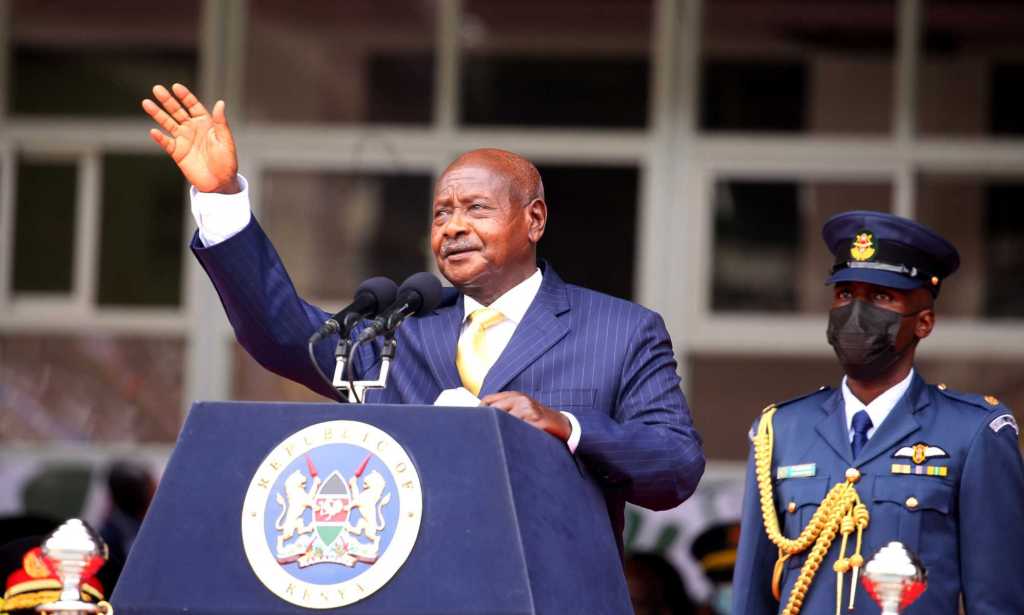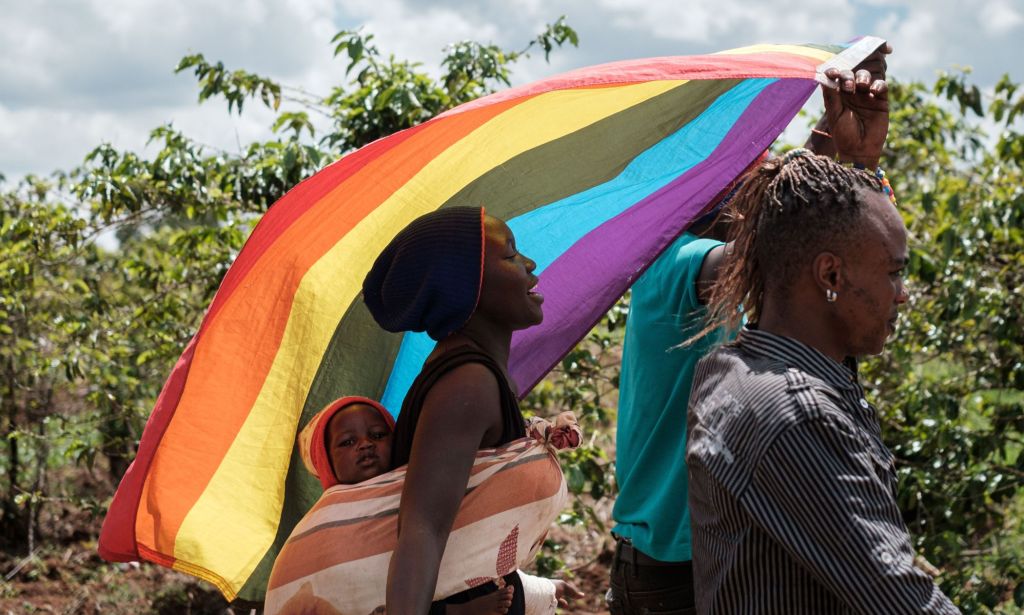Alarming spike in arrests of LGBTQ+ people in 2023

LGBTQ+-related arrests have seen a “severe” spike in 2023. (Getty)
A new report has uncovered an alarming spike in the number of arrests and prosecutions of LBTQ+ people for taking part in consensual same-sex relations and expressing gender diversity.
Compared to previous years, ILGA (The International Lesbian, Gay Bisexual, Trans, and Intersex Association) has found that 2023 has recorded a spike in arrests of LGBTQ+ people for living as themselves.
Not only that, but, the study determined that police abuse and mistreatment of detainees occurred in almost every documented LGBTQ+ arrest.
According to the Our Identities Under Arrest report, as of November 2023, 63 UN member states criminalise consensual same-sex sexual acts. It also notes that Uganda, in particular, has been harsh on LGBTQ+ citizens with the introduction of its Anti-Homosexuality Act.

Although the number of states criminalising same-sex acts has steadily decreased over the past decade – Singapore, Cook Islands, and Mauritius decriminalised same-sex relations this year – the number of LGBTQ+ arrests concerning gender expression or consensual sex acts has seen a “severe” spike.
ILGA did note, however, that the actual number of cases could be much higher, as formal records are often “inaccessible or non-existent”, and in many cases, these arrests or prosecutions are never registered or “reported on in unclear and biased manners.”
In their research, ILGA reviewed over 1,000 cases of LGBTQ+ arrests and prosecutions across two decades.
The research points to particularly “alarming” trends in countries like Afghanistan, Ghana, Indonesia, Ethiopia, Kuwait, Nigeria, and Uganda.
“Countries widely regarded as ‘safe’ or ‘quiet’ have seen sudden shifts on relatively short notice,” said research consultant Kellyn Botha.
“Growing hate speech against sexual and gender diversity – be it from political figures, religious and community leaders, also with the complicity of the media – regularly turns into crackdowns or organised campaigns, whose length, extent, and violence cannot be foreseen.”

Meanwhile, countries like Burkina Faso, Burundi, Comoros, the Democratic Republic of the Congo, Equatorial Guinea, Jordan, Libya, Maldives, and Papua New Guinea have seen very few in LGBTQ+ arrests in the past few years, but there has been a sudden increase since 2021.
While countries like Kenya, Tanzania, Nigeria, and Senegal have made attempts to “aggravate existing legislation”, others like Iraq, Niger, and Mali have made new efforts to officially criminalise LGBTQ+ communities where no anti-LGBTQ+ law had existed before.
ILGA research manager Lucas Ramón Mendos also noted that – although most anti-LGBTQ+ laws focus on criminalising consensual same-sex acts, in many jurisdictions, “the way a person dresses, acts or talks” often makes them an even easier target for police.
Mendos explained that these traits are often considered “proof” of “homosexuality” by police and can be enough to “warrant an arrest”, no matter the individual’s actual sexual or gender identity.
“It is far more likely for someone to be targeted for their non-conforming appearance or mannerisms than for any verifiable ‘illicit’ sexual act,” he added.
These findings prove that, in many parts of the world, LGBTQ+ communities live “under a constant threat”, says the director of programmes Guchaten Sandhu.
It also further proves the grave importance of offering asylum to LGBTQ+ individuals, despite what former home secretaries might have you believe.
Sandhu comments that the serious threat to LGBTQ+ people is not only real for “grassroots populations hit by sudden waves of hostility but also for asylum seekers who – based on botched assessments of safety – risk being sent back to countries where they will be persecuted.”






